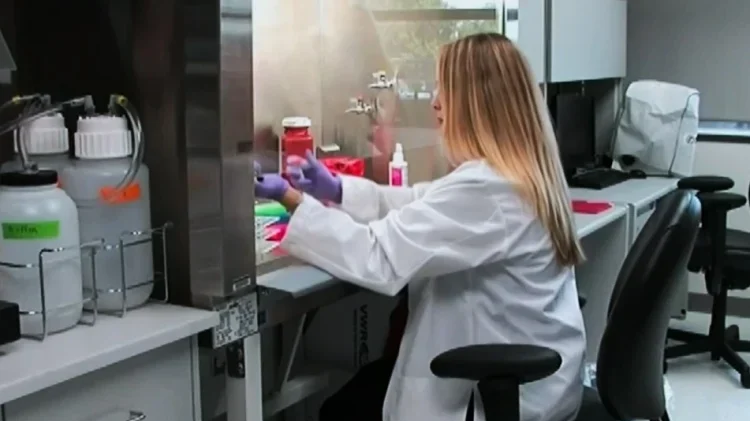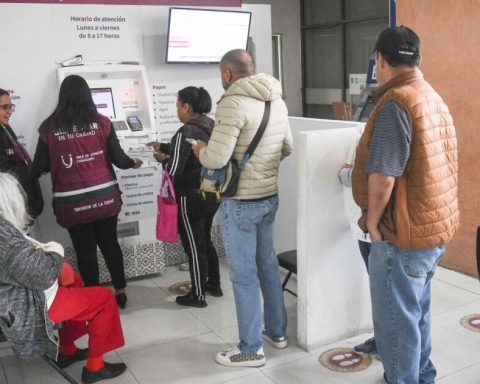MADRID, Spain.- The Centers for Disease Control and Prevention (CDC) of the United States reported this Tuesday August 27, 21 cases of Oropouche fever were detected in people returning from Cuba, three of whom required hospitalization. These cases were recorded through August 16, and most of those affected developed symptoms between May and July. No deaths were reported and no evidence of the disease spreading in the United States has been found.
The CDC’s weekly report listed symptoms as fever, myalgia, headache, diarrhea, nausea or vomiting, and others that disappeared without specific treatment.
Although the CDC did not release details about the identity of the sick, it was reported that 20 of the cases were detected in Florida, where the largest community of Cuban emigrants resides, and one in New York.
“Physicians and public health jurisdictions should be aware of the occurrence of Oropouche virus disease in U.S. travelers and request testing for suspected cases,” the CDC said in the statement.
CDC Alert
Last week, the CDC They issued an alert U.S. citizens planning to travel to Cuba or already on the island are urged to take extreme precautions to avoid infection with the Oropouche virus. Recommendations include the use of insect repellent, long-sleeved clothing, and lodging in places protected by mosquito nets. They are also advised to avoid outdoor activities during dawn and dusk, when mosquitoes are most active.
Due to the rapid spread of the virus and limited access to advanced medical care in Cuba, CDC suggested that travelers consider postponing non-essential travel, especially for pregnant women. If travel is unavoidable, travel safety recommendations should be strictly followed.
For those already in Cuba, the CDC advises to closely monitor their health and seek immediate medical attention if symptoms of Oropouche fever appear. They also recommend avoiding medications such as aspirin or ibuprofen, which can increase the risk of bleeding.
Oropouche virus situation in Cuba
The Director of Hygiene and Epidemiology of Cuba, Dr. Francisco Durán, recently recognized the complex epidemiological situation on the Island due to the co-circulation of several viruses such as influenza, dengue and Oropouche. Durán stressed that there have been cases of Oropouche with up to three relapses in one month, with recurrent symptoms of general malaise and fever.
Durán also noted that there has been a considerable increase in cases of Oropouche and that continuous monitoring is being maintained due to the serious complications it can cause. He also highlighted the need to study more about this disease, especially in the context of the health crisis in the country, and stressed the importance of attending a medical center for a proper diagnosis.
The doctor warned about the danger of co-infections, such as the combination of dengue and Oropouche, which complicates clinical management due to the overlapping of symptoms.
Since the detection of the first case of Oropouche in Cuba on May 27, the virus has spread throughout all provinces, with more than 400 confirmed cases as of early August.

















